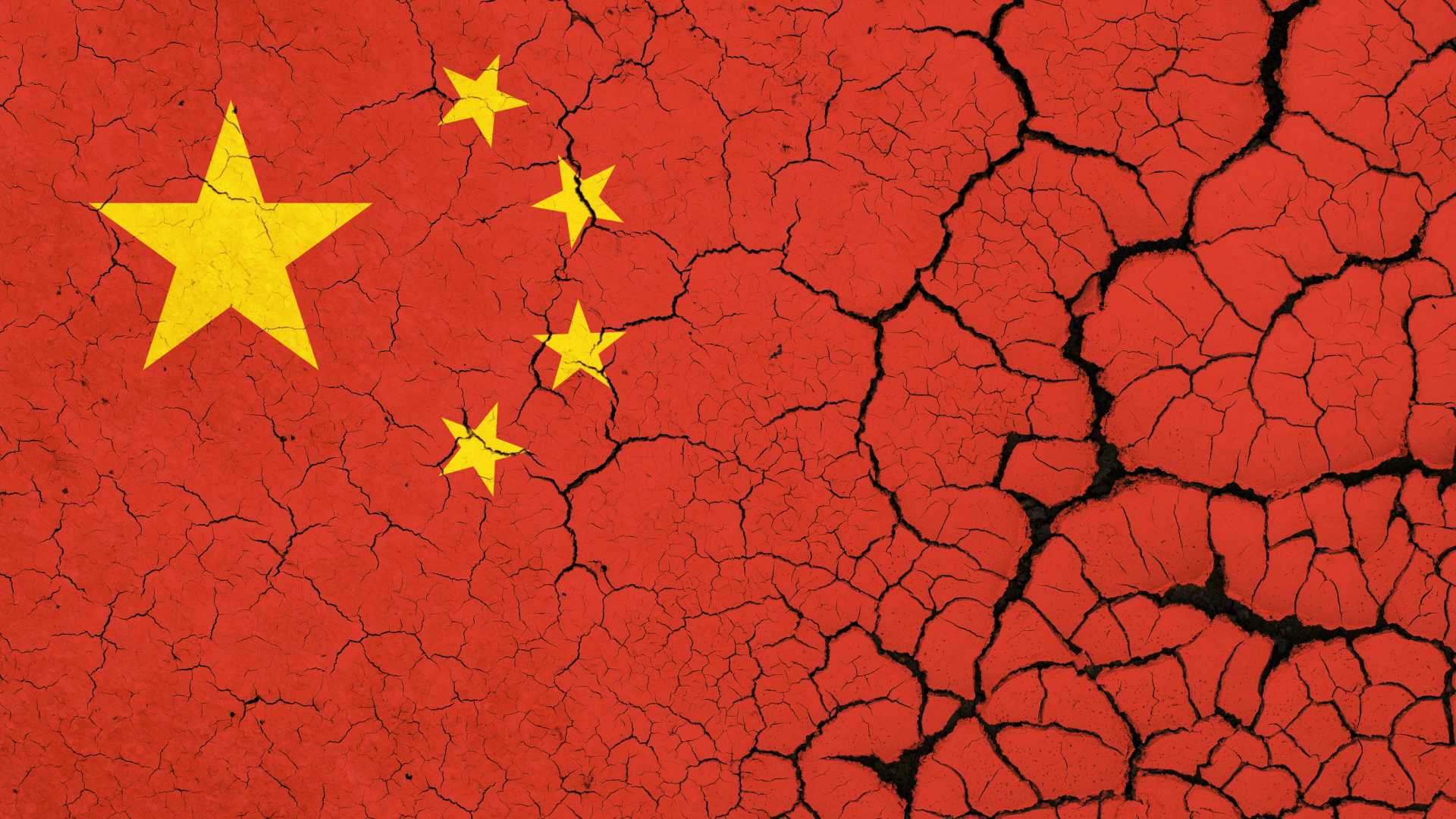
Has the Chinese economic crisis arrived? What will be the influence on countries that have linked their future to China?
After two decades of unprecedented economic growth and prosperity, China has shown signs of a slowdown, causing global concern. How did it get to this point? Was the Chinese economic miracle, which fuelled global growth for years, an illusion? The signs of trouble are many: the collapse of exports from countries like Venezuela, which had staked much of its economic future on Chinese loans in exchange for oil, and the failure of major Beijing-funded infrastructure projects, such as the China-Laos high-speed rail line, which proved unsustainable.
The slowdown in China’s demand for raw materials has thrown emerging and established economies into crisis, with devastating effects even on long-standing economic partners such as Germany. China’s progressively cutting back on foreign lending and imposing unfair competition on global markets have caused many economies to be in trouble, raising questions about the sustainability of the Chinese growth model.
The economic agreement between China and Venezuela
In the 2000s, Venezuela, led by President Hugo Chávez, put all its eggs in China‘s basket, as it was the ideal solution to Venezuela’s problems. How? By offering billions of dollars in investments and loans in exchange for a precious commodity: black gold oil. At first glance, Chavez’s gamble may seem a winner. During economic expansion, China was hungry for energy resources and used Venezuelan oil to fuel its growth while financing ambitious infrastructure projects in Venezuela.
However, during the past decade, the situation worsened, mainly due to the drop in demand for oil and thus its price. Venezuelan export revenues dropped dramatically, plunging an economy already plagued by bad governance and internal problems into crisis, which finally rolled over in 2014. We all know the consequences of this: food shortages, hospitals lacking medicines and crime rates bordering on the surreal. For these reasons, millions of Venezuelans have been forced to emigrate, and China has progressively reduced its funding to the country. In short, Venezuela’s bet on China has become an economic disaster.
This crisis is only one of the first alarm signals ignored by the international community. Dozens of other countries, which have tied their economic fate to Chinese growth, now find themselves in dire financial straits. This situation is mainly due to the slowdown of the Chinese economy.
The Chinese economic ‘miracle’: an illusion?
After the 2008 financial crisis, triggered by the collapse of the US housing market, China supported the global economy by injecting vast amounts of money into the economic system, stimulating domestic demand and investing. It has spent around USD 29 trillion in less than a decade, equivalent to one-third of the world’s Gross Domestic Product (GDP). The beneficial effects of this expansionary policy have been felt worldwide, so much so that the Chinese economy is thought to have contributed around 40% of global growth from 2008 to 2021.
For many developing countries, China was the best of allies. A century later than in the West, its economic boom suddenly opened up new markets for raw material exports, while the Chinese government offered generous loans for infrastructure projects through the Belt and Road Initiative (BRI). However, deep imbalances and structural problems were hidden behind this apparent economic miracle.
The Chinese boom, fuelled by inefficient investments and short-term stimulus policies, now appears unsustainable. The situation is even more difficult if one analyses the moves of President Xi Jinping, who has been in power since 2012, tightened state control over the economy and resisted significant economic reforms. The result? Economic growth is slowing dramatically, so much so that some experts believe it is now practically nil.
The global impact of the Chinese slowdown
The slowdown in Chinese growth is having significant repercussions globally, particularly in countries that have chosen China as their leading trading partner. Falling Chinese demand for raw materials has led to a slump in exports for many emerging economies. The situation worsens as the Chinese government continues to subsidise its own companies and flood global markets with cheap products, making it difficult for local producers in other parts of the world.
In particular, China’s foreign lending has dropped dramatically in recent years. In 2016, China lent around USD 90 billion abroad annually, but today, this figure has fallen to only USD 4 billion. This reduction in financing is putting pressure on many countries that depend on Chinese loans for their infrastructure projects. Many nations are faced with paying off huge debts without being able to count on new loans.
The crises in Zambia, Sri Lanka and Pakistan
To understand the extent of the problem, one only has to look at the situation in Zambia and Sri Lanka. Both have declared default because of billions of dollars in debt to China, which they cannot repay. Or Pakistan, where factories are closing and the energy system is struggling to function.
Even the most developed economies are not immune. Germany saw its exports to China fall by 9% in 2023, the most significant drop since China joined the World Trade Organisation in 2001. Other commodity-rich countries, such as Australia, Brazil, and Saudi Arabia, are seeing declining demand for energy and natural resources.
The shadow of the 1980s debt crisis
The current situation parallels the debt crisis that affected many developing countries in the 1980s. At that time, many nations, particularly in Latin America and Africa, were overwhelmed by huge debts contracted with Western commercial banks and international institutions such as the International Monetary Fund (IMF) and the World Bank. Faced with soaring interest rates and plummeting commodity prices, many countries, including Mexico, Brazil and Argentina, defaulted, triggering years of economic stagnation and political crises.
Today, China has taken over the role that used to be played by Western banks. Its growing economic influence has led many developing countries to take on huge debts to finance infrastructure and industrial projects. However, as the cases of Venezuela, Zambia and Sri Lanka show, the price of this dependence on China can be devastating.
An uncertain future
The Chinese economic crisis is not just about China but has global implications. Dozens of countries are at risk of default, and the global economic outlook is uncertain. The situation could worsen if China does not restructure its external debt and change its protectionist trade practices. Not least because China also has to deal with a severe real estate crisis, for example, the collapse of Evergrande, one of the world’s largest companies in this sector.
The international community faces a complex challenge: finding a balance between the need to involve China in resolving the crisis and protecting its economies from the consequences of the Chinese slowdown. Venezuela’s example shows how high the cost of a badly calibrated economic gamble can be.
The world needs a collective solution to deal with the consequences of the Chinese economic slowdown, but finding a global agreement will take work.




